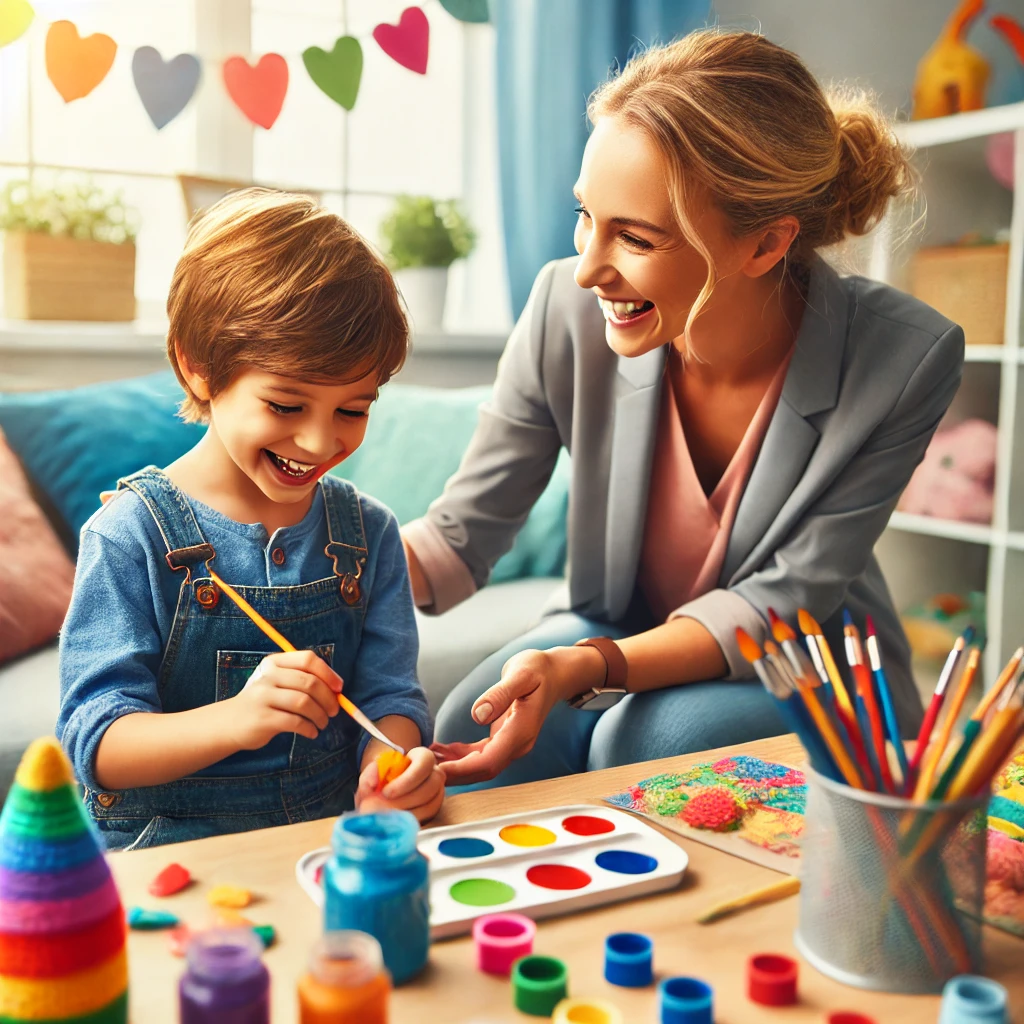
How creative therapy enhancement empowers children
Creative therapy enhancement, encompassing art, craft, music, movement, and play, has become a cornerstone in supporting children with additional needs. This approach not only addresses various developmental and emotional challenges but also focuses on celebrating and enhancing each child’s unique strengths. By emphasizing their abilities rather than their limitations, creative therapy enhancement fosters a sense of empowerment and confidence that is crucial for their overall growth and well-being.
One of the most profound benefits of creative therapy enhancement is its ability to provide children with a non-verbal outlet for expression. Many children with additional needs might struggle with traditional communication methods. Art and craft activities allow them to convey their thoughts and emotions through colors, shapes, and textures, often revealing strengths and talents that might otherwise go unnoticed. This form of expression validates their experiences and helps build their self-esteem.
By focusing on what they can do and enjoy, rather than on their challenges, creative therapy enhancement helps children develop a positive self-image and a can-do attitude.
Movement-based therapies, such as dance or guided physical activities, also play a pivotal role in highlighting children's physical capabilities and improving their coordination and motor skills. These activities are designed to be enjoyable and engaging, ensuring that children feel a sense of accomplishment and pride in their achievements. Celebrating these small victories can significantly boost their confidence and motivate them to tackle new challenges.
Music therapy, another essential component of creative therapy enhancement, leverages the universal language of music to connect with children on an emotional level. Whether it's through playing instruments, singing, or simply listening to melodies, music therapy helps children explore their feelings, manage stress, and develop social skills. The joy of creating music and the positive reinforcement from therapists and peers further reinforce their sense of self-worth.
Incorporating play into therapy sessions also allows children to explore their creativity and problem-solving skills in a safe and supportive environment. Play-based activities are inherently fun and engaging, making it easier for children to participate and learn. By focusing on what they can do and enjoy, rather than on their challenges, creative therapy enhancement helps children develop a positive self-image and a can-do attitude.
In conclusion, creative therapy enhancement empowers children by celebrating their strengths and providing them with the tools to express themselves, build confidence, and develop essential life skills. By focusing on their abilities and fostering a positive, supportive environment, we can help these children thrive and reach their full potential.

